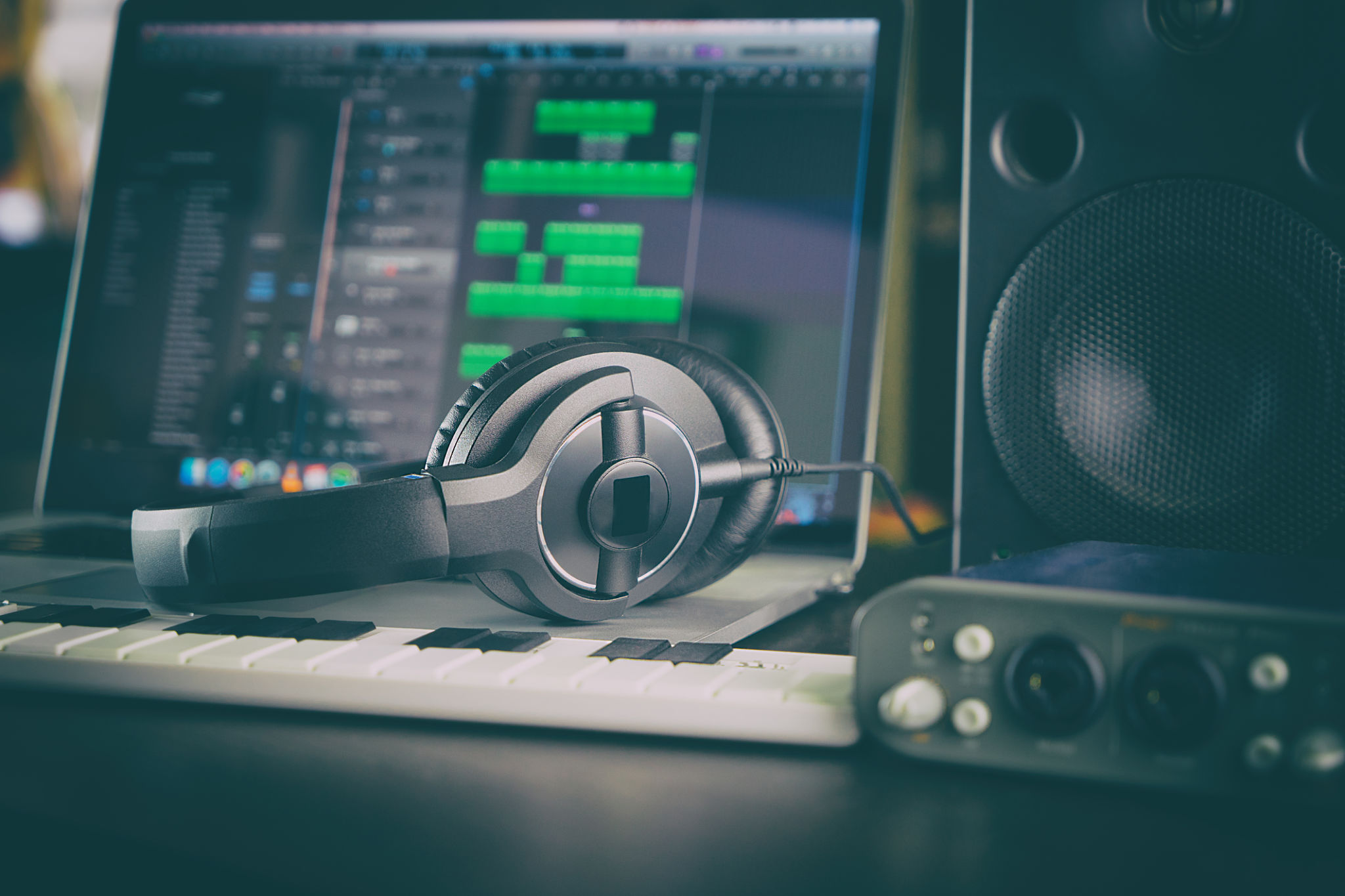Top Podcast Equipment Tips for Beginners in Connecticut
Getting Started with Podcasting
Podcasting has exploded in popularity over the past few years, offering creators a powerful medium to share their stories, insights, and expertise. If you're in Connecticut and looking to dive into the world of podcasting, selecting the right equipment is a crucial first step. With the right tools, you can avoid common pitfalls and produce high-quality content that resonates with your audience.

Microphones: The Heart of Your Podcast
One of the most essential pieces of podcast equipment is the microphone. For beginners, a USB microphone is a great choice due to its ease of use and affordability. Models like the Blue Yeti or Audio-Technica ATR2100x offer excellent sound quality without breaking the bank. If you're planning to record with multiple guests, consider investing in XLR microphones, which provide superior audio quality and more flexibility for future upgrades.
Remember that the environment you record in will also impact sound quality. Choose a quiet space and consider using soundproofing materials to minimize background noise. This will ensure your voice is captured clearly and professionally.
Headphones: Monitoring Your Sound
Investing in a good pair of headphones is important for monitoring your recordings and ensuring everything sounds just right. Closed-back headphones are ideal as they prevent sound from leaking and being picked up by your microphone. Popular choices among podcasters include the Sony MDR-7506 and Audio-Technica ATH-M50x.

Audio Interfaces: Connecting Your Gear
If you opt for an XLR microphone setup, you'll need an audio interface to connect your mic to your computer. Audio interfaces convert analog signals from your microphone into digital signals your computer can process. The Focusrite Scarlett 2i2 is a popular choice for beginners due to its simplicity and reliability.
When selecting an audio interface, consider how many inputs you'll need. If you're planning solo episodes, a single input interface will suffice. For interviews or co-hosted shows, look for interfaces with multiple inputs.
Recording and Editing Software
Once your equipment is set up, you'll need software to record and edit your podcast. For beginners, Audacity is a free, open-source option that's easy to use and offers a wide range of editing tools. For those willing to invest in more advanced software, Adobe Audition and GarageBand (for Mac users) provide additional features for polishing your audio.

Additional Accessories
Don't forget about accessories that can enhance your podcasting experience. A pop filter helps reduce plosive sounds, while a microphone stand or boom arm keeps your setup organized and comfortable. Shock mounts are also useful for minimizing vibrations and handling noise.
By equipping yourself with these essential tools and tips, you're well on your way to launching a successful podcast in Connecticut. Remember that the key to great content is consistency and practice, so keep creating and refining your skills as you go along.
Consider Your Budget
Starting a podcast doesn't have to be expensive; however, it's important to balance cost with quality. Begin with the essentials and gradually upgrade your equipment as your podcast grows. Many successful podcasters started with minimal setups and improved their gear over time as they gained experience and audience.
Ultimately, the most important aspect of podcasting is your content. Focus on delivering value to your listeners, engage with your community, and continuously seek feedback to improve your show. With dedication and the right equipment, your podcast can become a beloved part of the Connecticut podcasting scene.